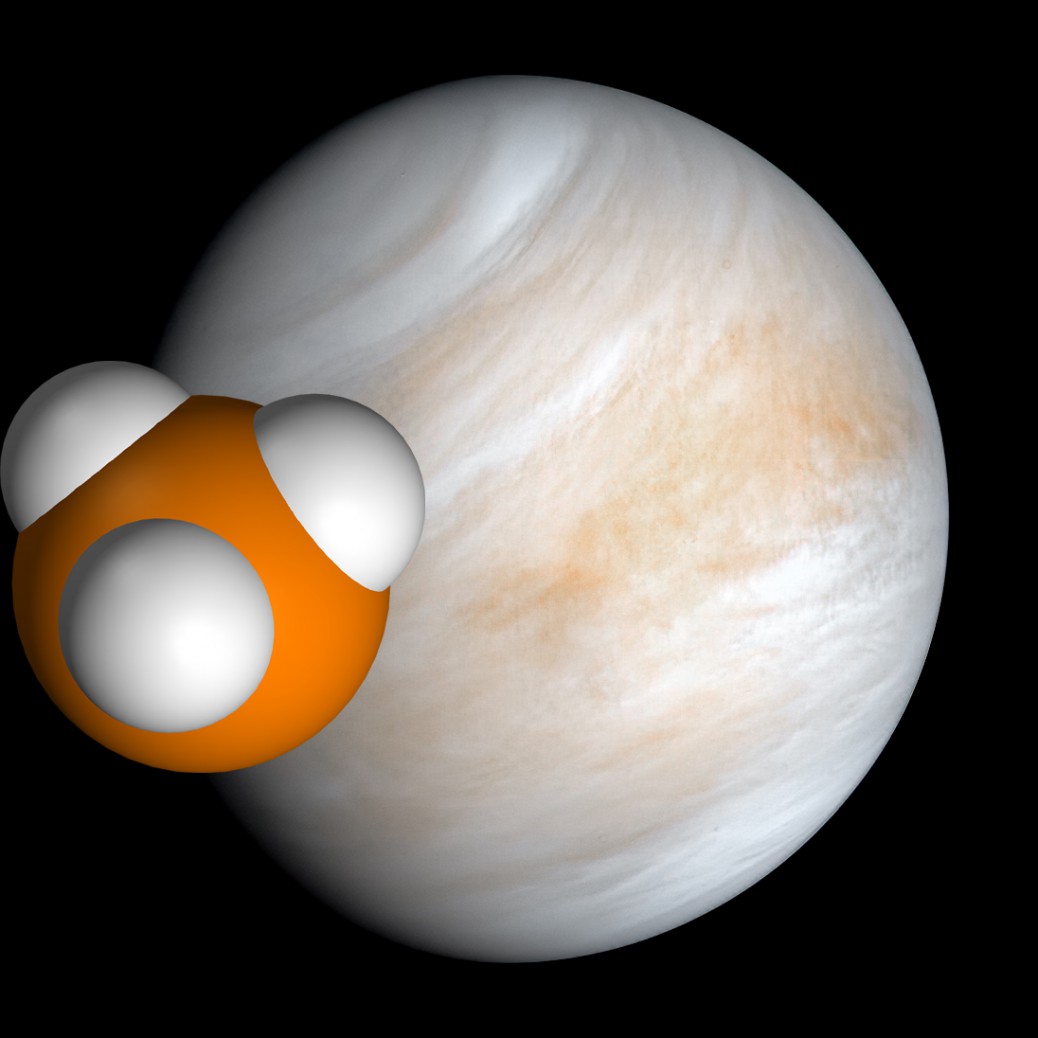We asked Professor Ian Hawes from University of Waikato of his thoughts about the announcement of the discovery of phosphine on Venus.

The detection of phosphine (PH3) in the atmosphere of Venus at concentrations higher than would be expected by known abiotic processes is exciting interest as a possible indicator of life. Why is this? Our understanding of the likely chemistry of phosphine on Venus is that the observed concentrations could only be sustained by a constant source. And what that source is is not clear. On earth, under specific conditions, phosphine is produced by some types of bacteria, and the observation of a potential biogenic compound, at inexplicably high concentrations, is one of the lines of evidence that astrobiologists look for when hunting for life on distant planets. Telescopes can detect the composition of atmospheres with increasing precision, and this is much more easy than seeing life itself. Right now though, the discovery is far from definitive evidence of life on Venus. In part this is because the planet seems so uninhabitable. The surface of the plant is too hot and the cooler atmosphere too acidic to support earth-like life. While the implications ot alien life continues to drive scientists to look beyond our atmosphere for clues, we need incontrovertible evidence before we can conclude that some unknown form of life is out there.
– Professor Ian Hawes, University of Waikato
Professor Kathy Campbell was live on The Project, watch her comments here.
https://www.facebook.com/TheProjectNZ/videos/773779856796608/?rf=677452422441217









